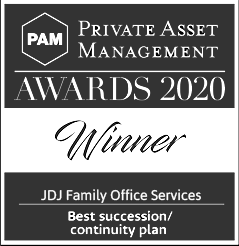What You Need to Know about the New Short-Term Rental Tax

On July 1, 2019, legislation that expands the room occupancy tax will take effect. The law, which was signed by Governor Baker at the end of last year, implements new rules related to short-term real estate rentals in Massachusetts, whether rented by the owner, through an agent, or via an online portal. These new policies require registration, insurance, and taxes, and apply to all short-term rentals booked after January 1, 2019.
The law classifies all real estate rentals made for a period of 31 days or less as “short-term rentals.” Units that are rented for less than 14 days in a calendar year are exempt from the tax, although owners will still be required to abide by the registration and insurance requirements of the law.
Here are some key points of the law to keep in mind:
- Owners must register all units intended for short-term rental on an annual basis and pay a registration fee. The Department of Revenue (DOR) is updating the MassTaxConnect site and expects the registration process to open on July 1.
- Owners are required to carry liability insurance of $1 million on each unit.
- Owners are required to collect and remit both state and local taxes according to the following schedule. Note that the local taxes will vary by community and are in addition to the state tax.
- State: 5.7%
- Local: up to 6% (Boston 6.5%); some towns have not yet established their tax rate
- Cape Cod & Islands: includes an additional 2.75% to fund the Cape Cod and Islands Water Protection Fund (this tax has not yet been approved)
- A community impact fee of up to 3% may be assessed locally on professionally-managed properties (owners of two or more units in one town)
What should rental owners or their agents do now?
- Become familiar with the regulations and associated forms and prepare the necessary information to register on the DOR site.
- Check and confirm the local tax rates to help ensure rentals are priced correctly.
- Disclose to prospective renters that any booking made on or after January 1, 2019 may be subject to a tax and the tax rate may change before the rental period.
- Verify the number of units they own by municipality and that these units are properly insured.
- Set up a system for tax collection and disbursement covering all units.
If you own or oversee short-term rental properties, effective July 1, you must insure and register the properties and comply with the room occupancy tax. For more information about these regulations, please contact me or a member of your JDJ team.



















